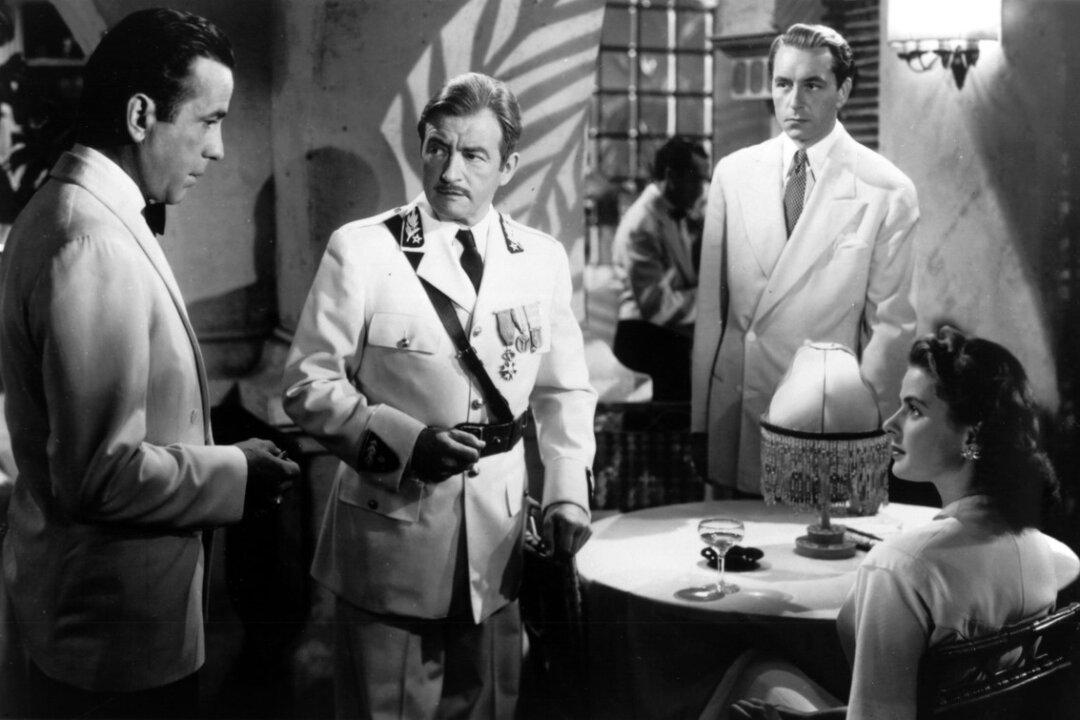Commentary
In “Casablanca,” we find this exchange between Rick Blaine (Humphrey Bogart), the jaded owner of a nightclub, and Victor Laszlo (Paul Henreid), a courageous leader of the Resistance on the run from the Nazis:

In “Casablanca,” we find this exchange between Rick Blaine (Humphrey Bogart), the jaded owner of a nightclub, and Victor Laszlo (Paul Henreid), a courageous leader of the Resistance on the run from the Nazis: